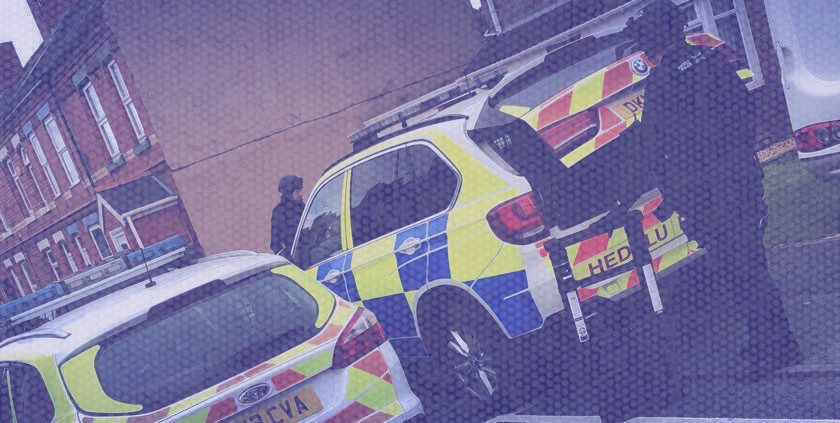Proposed council tax policing precept up by 7.7% an increase of 38p a week for the average household

The cost of policing in North Wales could soon add an extra 7.74% increase to the current council tax precept – equating to an extra 38 pence a week for the average household.
North Wales Police and Crime Commissioner Arfon Jones says the proposed increase is needed to recruit an extra 34 officers and six more staff to focus on tackling emerging threats like serious and organised crime, child sexual exploitation, cyber-crime, modern day slavery, domestic abuse and county lines.
Mr Jones is seeking the backing of the North Wales Police and Crime Panel for the proposed increase at their meeting on Monday 28th January.
The Commissioner says an online survey found that 51 per cent of the 1,877 of those who took part were in favour of an increase of 37p or more – with a third of them supporting a much higher increase of 50p and above a week.
Mr Jones also says the survey showed “overwhelming support” for the his priorities in the Police and Crime Plan which sets out the strategy for policing North Wales.
The proposed increase in council tax precept comes against the backdrop of £31 million in savings forced on North Wales Police since 2011 and a real-terms cut of £2.8 million in the annual grant from the Home Office for the coming year.
This year the UK Government has given special dispensation to forces to charge an extra £24-a-year for Band D properties to combat the double whammy of austerity and the need for forces to pump more cash into police pensions because of the uncertainty surrounding Brexit.
The planned hike in police precept element of the council tax in North Wales amounts to a total £19.98 for the year and would be among the lowest of all the 43 constabularies in England and Wales.
It is understood that most commissioners are planning to opt for the full £24 increase.
He said: “In putting together my blueprint, I was encouraged that my vision for improving the way the region is policed has the overwhelming support of the people of North Wales.
“The online survey showed that 92 per cent of council tax payers want tackling organised crime to remain a priority and 91 per cent agree that keeping neighbourhoods safe is important, while 67 per cent want me to continue focusing on combating the blight of modern day slavery.
“As well as consulting the public, I have had detailed discussions with the Chief Constable and his senior team who confirmed that a council tax increase of 7.74 per cent provides sufficient budget for the operational delivery of the policing service in North Wales.
“I am confident that the proposed increase strikes a proper and prudent balance between affordability for council tax payers and ensuring North Wales Police has enough money to continue to be an efficient and effective force.
“Four and a half per cent of the increase is needed just for a standstill budget and would mean that the force was unable to cope with the growing demand generated by new and emerging crime.
“The nature of policing has changed hugely and we are facing new and increasing challenges so the force must evolve and adapt accordingly.
“In spite of having to absorb the swingeing cuts we have faced over recent years, we are investing in our frontline, professionalising our frontline and making us fit for the future.”
Chief Constable Carl Foulkes said: “We have an ambition to be the safest place in the UK and the proposed budget will ensure we are able to meet the many challenges that lie ahead, not least because of the new and emerging crimes that we need to focus on.
“Our communities still want to see visible and proactive police officers, and want the reassurance that we will be there for them when they ask for help.
“But there are hidden crimes, such as cyber-crime and online exploitation, as well as major threats from so called County Lines – drugs gangs who operate across borders, with children and young people being coerced, groomed and threatened with violence to take part in illegal activity across the region.
“These issues, coupled with ongoing budgetary challenges, which have seen us making cuts of around £30 million since 2011, mean we are having to look at every aspect of our service, and be even smarter in the way we operate.”
Spotted something? Got a story? Email: [email protected]
Latest News
